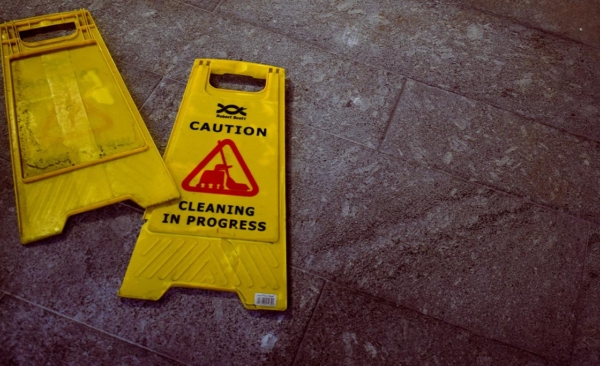What Are Your Legal Options after a Workplace Accident?

What Are Your Legal Options after a Workplace Accident?
No one likes to think about being injured on the job, but the fact remains thousands of people fall victim to workplace injuries each year. While some of them are caused by negligence on your employer’s part, others aren’t, which means the difference between whether you’ll be able to sue. While workers’ compensation is designed to provide assistance for those who were injured on the job, regardless of the cause, accepting this compensation eliminates your right to sue if your employer was at fault, losing out on some important types of compensation. Therefore, before you sign up for worker’ compensation, it’s important to fully understand your legal options after a workplace injury so you can make the right choices.
Was Your Employer Negligent?
First and foremost, you need to determine if your injury was caused by something your employer could have or should have done to prevent the accident. For instance, if there is a known slippery spot on the floor and your employer fails to put up a sign indicating the danger, it could be cause for a lawsuit. However, sometimes these situations aren’t as clear cut. This is why it’s essential to talk to a lawyer before you sign any paperwork that negates your right to sue your employer. Once you understand whether your employer was at fault, you can proceed accordingly.
Did a Third-Party Cause Your Injury?
If your injury occurs on the job and you claim workers’ compensation, you could still maintain the right to sue, but it wouldn’t be your employer. If your injury was caused by someone else’s negligence, even if it took place at work and you receive the benefits of workers’ compensation, you would be entitled to filing a personal injury claim against the person who was at fault. Again, this is a matter that requires the guidance of a personal injury lawyer who has experience with these types of cases. They can guide you in the right direction and help you decide the best course of action for your case.
Was the Injury Caused Intentionally?
It’s easy to believe in the overall good in people, but sometimes people do things that are considered malicious. When you’re on the job, it’s no different. For instance, perhaps a coworker takes offense to something you did or said and gets into a fight with you, causing an injury. Although the injury happened on the job, you would have the right to sue under a personal injury case. You wouldn’t sue your employer; instead, you would sue the party who was at fault..
After a workplace injury, after receiving the necessary medical attention, it’s important to talk to an experienced personal injury lawyer. They can help you explore your options and make the best choice to ensure you receive all the compensation to which you are entitled.






